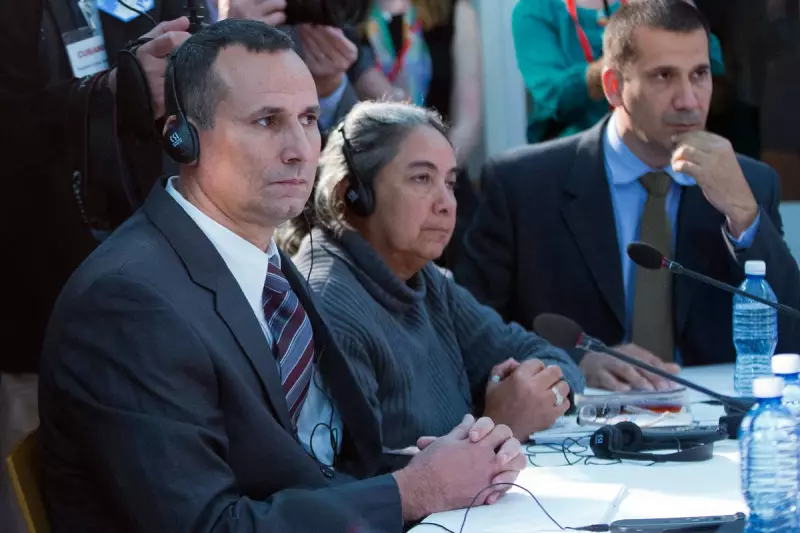
In an extraordinary display of public anger, thousands of Cubans have taken to the streets in the largest anti-government protests witnessed in decades, shaking the foundations of the Communist regime that has ruled the island nation since 1959.
Nationwide Unrest Reaches Critical Mass
The protests erupted simultaneously in multiple cities, with Havana and Santiago de Cuba becoming epicentres of dissent. Demonstrators flooded the streets chanting "freedom" and "we are hungry," expressing frustration with economic collapse, food shortages, and political repression.
This represents the most significant challenge to Cuba's government in over sixty years, with social media bypassing state censorship to broadcast real-time footage of the growing unrest to the world.
Rubio's Urgent Plea to White House
Florida Senator Marco Rubio, a prominent voice on Cuban affairs, has issued a forceful statement demanding immediate action from the Biden administration. "The world is watching as the Cuban people risk everything for basic freedoms," Rubio declared.
He emphasised that the United States must not remain silent while Cuban security forces reportedly move to suppress the peaceful demonstrations. Rubio's intervention adds significant political pressure on President Biden to reconsider America's approach to the Havana government.
Economic Desperation Fuels Political Revolt
The protests reflect a perfect storm of crises gripping Cuba:
- Severe food and medicine shortages exacerbated by the pandemic
- Widespread power outages affecting daily life
- Rampant inflation making basic goods unaffordable
- Decades of political suppression reaching breaking point
"This isn't just about politics—it's about survival," one protester told independent journalists. "We cannot feed our children while the government tells us everything is fine."
International Community Faces Critical Test
The unfolding situation presents a major foreign policy challenge for Western nations. As images of the protests circulate globally, pressure mounts on democratic governments to support the Cuban people while avoiding actions that could provide the regime with propaganda ammunition.
The coming days will prove crucial in determining whether this protest movement represents a temporary outburst or the beginning of genuine political transformation in Cuba.





